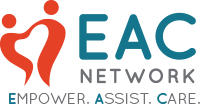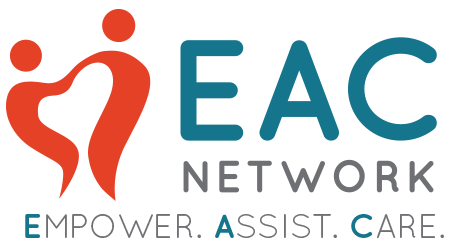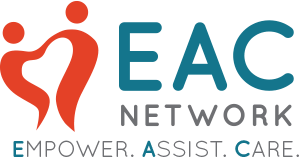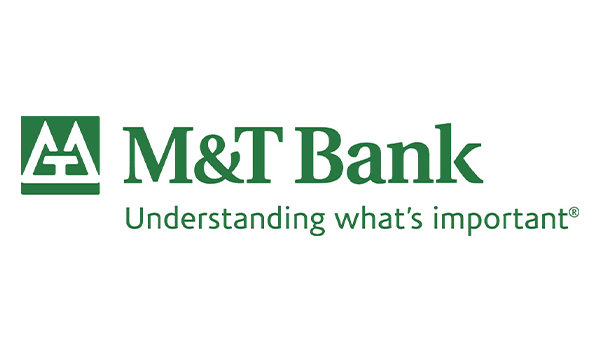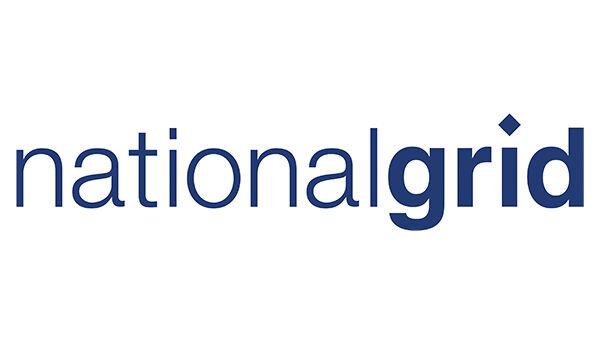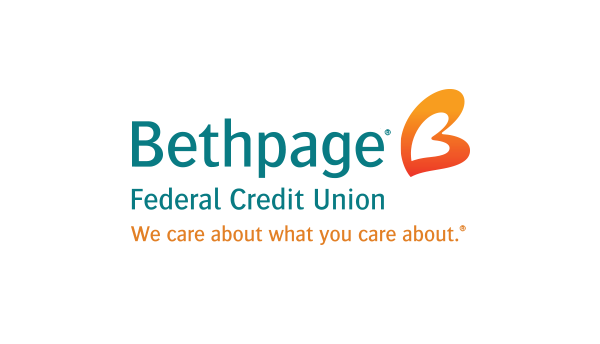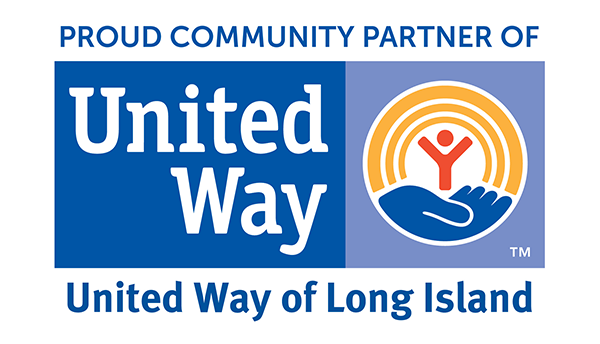
The incarceration rate for people with mental illness is alarming and devastating. Over half the people in state prisons have been reported some form of mental illness. One contributing factor is the number of competency evaluations needed before these individuals can stand trial. This can lead to neglect and extended waiting periods for them in prison. However, there is an alternative to incarceration for those who qualify for mental health diversion.
New York State’s Mental Health Courts state that eligible defendants are those living with mental illness that is related to their current criminal justice involvement and whose participation will not create an increased risk to public safety. EAC Network’s Mental Health Diversion program provides court monitoring services for defendants with severe mental health issues who may or may not suffer from co-occurring substance abuse disorder. Instead of criminalizing their actions, these participants are provided with case managers and treatments to aid their recovery.
How and Who Qualifies for Mental Health Diversion with EAC Network

Many factors come into play when determining who qualifies for mental health diversion from incarceration. These include risk factors such as substance abuse, employment, education, leisure activities, social support, and criminogenic thinking.
For example, an offender struggling with substance abuse may benefit from mental health diversion, as their addiction could contribute to criminal behavior. Similarly, a person lacking social support or access to education and job opportunities may benefit more from mental health treatment than incarceration. A thorough psychological assessment can also help identify issues such as an intellectual disability, which may require specialized treatment to address cognitive challenges.
Importance of Identifying and Addressing Risk Factors
Moreover, an assessment of an offender’s risk for future violence can help determine the level of treatment needed to reduce the likelihood of future criminal behavior. Identifying and addressing specific risk factors through targeted interventions can help reduce the risk of reoffending and promote successful reintegration into the community.
Overall, a comprehensive approach that considers various risk factors and psychological assessments can provide a more nuanced understanding of an offender’s needs and inform decisions about who qualifies for mental health diversion.
Who Qualifies for Mental Health Diversion is as Important as the Potential Outcomes

Where the emphasis is on the individuals, the mutually beneficial effect on the community is just as essential. Professional intervention helps to reform these offenders, thus reducing the overall risk to public safety. There is also a reduction in financial strain on correctional facilities and costs to the community and taxpayers by lowering the recidivism rate. Lastly, successful program participants can become less dependent on state aid and progress toward contributing members of their communities.
EAC Network’s Commitment to Communities

It is said that we help ourselves by helping others and that it is especially true when those in need can’t help themselves. Unfortunately, the prison population consists of too many individuals with mental health conditions and substance abuse issues, and we have to do what we can to make a difference. Breaking this cycle is challenging, which is why programs like our mental health diversion program are imperative.
With the help of state and local offices and organizations, EAC continues its efforts to make a difference in our communities. Our mental health diversion program is one of many behavioral health and criminal justice services we offer that are designed to empower, assist and care for people in need.
To learn more about mental health diversion and how you can help support these services, contact EAC Network today!
